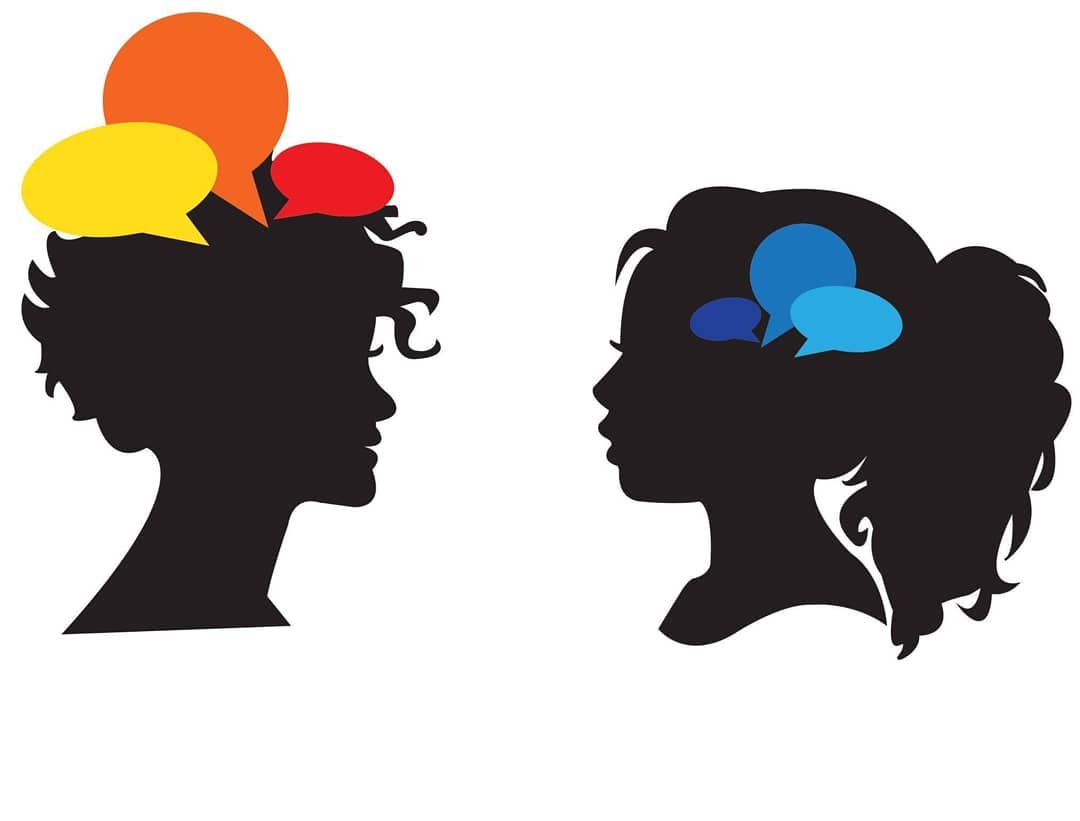Often packed full of nights out, icebreaker activities, and meeting dozens of new people, Freshers’ Week may seem overwhelming for those of us who identify as introverts. According to neuroscientists, the difference between introverts and extroverts lies within our brain chemistry!
Being exposed to hundreds of new faces, cringe-worthy icebreakers during welcome activities with your course, a week of non-stop clubbing: freshers can be an overwhelming time for introverts starting university. But what is it that makes some people thrive in social situations and others favouring time in solitude?
Research shows that it’s all about the way our brains respond to stimuli. One of the important neurotransmitters, which determines how introverted or extroverted a person is, is dopamine: the ‘fight, flight or fright’ chemical. The release of this chemical is responsible for the feel-good feeling you get when your brain perceives a ‘reward’ such as finding out you got a first in your essay, and the familiarity of this feeling is why we chase rewards. Extroverts and introverts have the same level of dopamine reserves in their brains, but the difference lies in how they respond to its release.
Extroverts have lower sensitivity to dopamine, so they need to expose themselves to larger quantities of external stimulation to feel its effects. Introverts, on the other hand, are highly sensitive to it, so can easily ‘overdose’ from it when in social settings, causing them to feel burnt out and drained.
For introverts, acetylcholine is the neurotransmitter of choice. This is the ‘rest and digest’ chemical, that is also linked to the reward system and feelings of pleasure. The difference between acetylcholine and dopamine is that acetylcholine is released when we turn our attention inwards. It’s responsible for the warm feeling you get when you’re reading a book or reflecting on your summer. Introverts tend to crave this feeling, but for extroverts, they barely register a positive feeling when acetylcholine is released in their brain.
Furthermore, research shows that introverts and extroverts process information differently. Extroverts respond to outside stimuli using a shorter neural pathway, which passes areas of your brain that process touch, smell and taste – essentially, mechanisms that are related to the outer world. Introverts naturally use a longer pathway, where blood flows through areas associated with introspection, evaluation, and empathy.
Studies also show that introverts have more grey matter in their prefrontal cortex, which is the region of the brain associated with abstract thought and decision-making. Extroverts have less grey matter in this region, which means they tend to prefer spontaneous action rather than spending time evaluating decisions.
So what does this all mean, and can you change from one to another? Fundamentally, it means that extroverted people gain energy and feel happiest when exposed to external stimuli, whereas introverts need alone time to recharge and are quite content in their own company. All of this is dictated by our genes and brain composition, so it’s likely that if you’re an introvert, you were born destined to be one and probably always will be. Although there is increasing evidence for neuroplasticity in humans – the idea that our brains physically change composition over time – in order for an introvert to make the transition, they’d have to put themselves in a great deal of uncomfortable situations for these changes to occur. It’s more likely they would suffer a severe burn-out before their brain began to change.
And it’s not worth it – there’s absolutely no need to change. It’s easy to assume that university is an environment that favours extroverted characters, but this simply isn’t true; introverts and extroverts each have their strengths. Granted, an introvert might not be most comfortable during a group project (but then again, does anyone actually enjoy group projects?) but they tend to cope better with the loneliness that exam season can bring. In addition, Carl Jung, the psychologist who first coined the idea of extroversion and introversion, points out that no one is solely one or the other; everyone exists somewhere on a spectrum between introversion and extroversion.
The conclusion? Don’t waste time putting yourself in a box. You run the risk of placing limitations on yourself that needn’t be imposed. During my three years at university, I’ve seen countless examples of introverts finding their voice and their people; the type of people to whom it’s perfectly acceptable to say “OK. That’s enough human time for me today, I’ve got to go home”. Equally, I frequently see extroverts taking introverts under their wings and showing them the world.
If you’re an introvert nervous about starting university – don’t fret! Listen to your body, honour your boundaries, take time for yourself and remember that you’ve got years to make friends, they don’t need to all come in the first few weeks.

